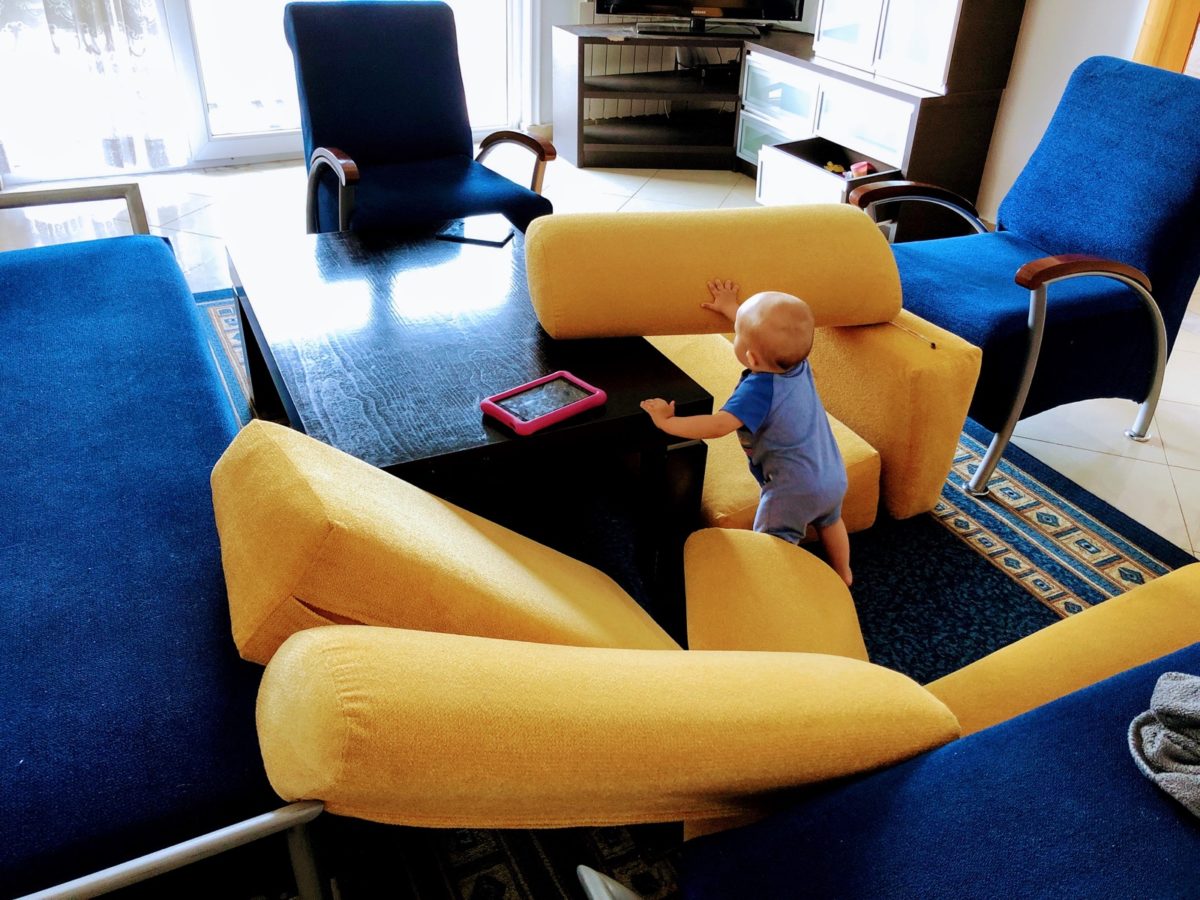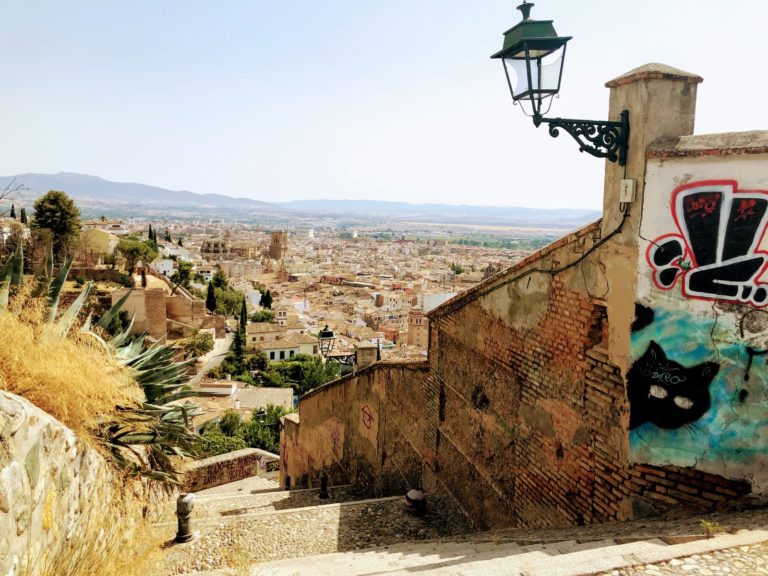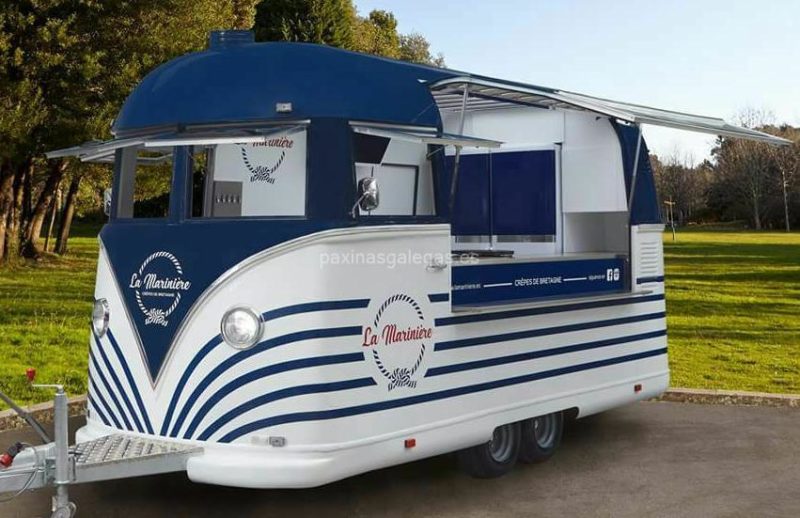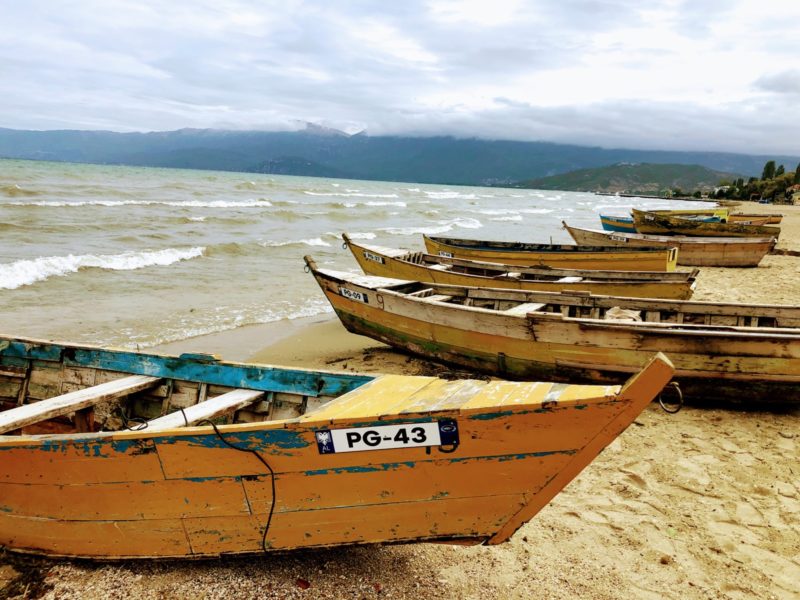There are many motivations to travel: Seeing new cultures, eating new foods, laying on nice beaches, finding cheap thai food and the list goes on. I admit I love new places and have recently hit 40 countries that I’ve traveled to—more than I’ve ever imagined I’d visit. I’ve traveled for tourism, for connecting with friends and for mission. According to statistics, I’m not alone! There are more people traveling than ever before! This is an awesome thing in my opinion, but also brings up a lot of challenges.
We were in Mijas, Spain with some friends in the peak tourist season and they had to close down the town because there were so many tourists it was overwhelming the infrastructure. This is happening more and more and now in many places you need to sign up online to see popular attractions. It protects historical sites from being overwhelmed and overly worn.
I’ve also heard people are stealing tiles in portugal at an alarming rate! That is an example of consumerism travel at its worst. Tourism can bring money and prosperity to areas, but it can also cheapen a place and ruin the beauty and uniqueness. Both the tourist industry and the tourist can be guilty of this.
As I’ve read the articles on people stealing tiles, pounds of sand from beaches or experienced mass tourism in a place, it made me think about how I travel and why I travel. What is my motivation? To check a new place off my list of places to see before I die? How do we travel well and not abuse a place? I thought of a few tips to help us all travel more intentionally.
#1 Learn some of the language, history and culture before you arrive.
If you know Camille and I, you know we love languages! Why? 1. we are geeks 🤓2. It connects us to a culture faster than anything! Even a small effort opens doors and helps you feel connected even for a short stay. Who knows you may even get a dinner invite? 😉 I also at least look at the wikipedia page of a country or place to read about the history and what has shaped a place. I like to read books by fellow travelers or historians if it peaks my interest as well.
#2 Shop at the local/authentic spots
Keeping the money in country helps the local economy and people. Stay away from Starbucks, Mcdonalds, and the american chains. If you are in Tirana Albania for example, there is a ton of good espresso, some amazing hamburger spots, and for what we pay for our lattes in the USA, you can buy 4 cappuccinos here and they are good! (Albania was occupied by Italy for many years). Of course there is no shame if you have a moment of culture shock and just need a big mac 😉

One of my favorite places in a country is the SUPERMARKET! I could spend hours looking at all the unique products that locals buy to stock their kitchens.
Beyond food, sometimes we want to bring gifts and momentos back to our family. One way to be intentional about this is by buying from local artists instead of the tourist trinkets we can find in tourist zones. You may pay a bit more, but you’ll more often than not find something super unique. A way to cut costs is find an antique store. You will surely find something unique, historical and authentic to the country you are visiting.
#3 Travel out of season
Traveling out of season is cheaper and you miss the mass hordes of tourists. It can be win-win. It also can help local economies because many times there is a lull in the tourist season. For example, Andalucia, Spain in spring is beautiful and there are way less tourists during this time. Just be sure you are not in an area that shuts down completely during the off season of tourism!
#4 Stay at local spots
Whether it be an Airbnb ran by locals or a local albergue/hotel, you are guaranteed to find some authenticity and learn about the culture. On our current trip in Europe, so far we’ve stayed at YWAM training and ministry centers, with friends, Airbnbs, and the former Swedish ambassador’s apartment complete with swedish flag colored furniture (thanks for the hook up Montgomery’s). Each offered unique experiences and connections to the culture around us. Many times we found ourselves in local neighborhoods outside the tourist zones and could catch a glimpse of normal life in a city.

#5 Invest in the local community
Because we are connected to this great community of people doing amazing things around the world called YWAM, there has been many opportunities to pray and partner with them as they invest and serve their communities. For us this has looked like working on websites and designs, encouraging local believers, sharing about God, praying for a community’s orphans, volunteering to help with an Alpha Course. There are of course endless opportunities to help and bless communities.
As a side note, some trips ARE about disconnecting and unwinding and the last thing you want to do is more stuff. There is no shame in that! The goal is to be more aware of an area and its culture.
Traveling in an intentional way helps us have a richer experience overall and many times it can be cheaper because the tourist zones and peak times are avoided. (Bonus Tip: visit tourist zones in the early morning when nobody is awake yet). Travel can open our eyes and minds to new ways of living and seeing the world and even seeing God. My family is better because of it!
How has travel made you a better person? Please leave a comment on any tips you think will help us all travel more intentionally.





5 Responses
Great tips for the unseasoned traveler. I love the idea of immersing yourself into their culture. It shows respect and honors their way of life.
Its fun too 🙂 and creates some unique memories and cultural blunders haha
Amazing thoughts! That’s so sad to hear about the stolen tiles. Great that you are sharing ideas how to connect with the local community and to be a blessing while travelling!
Thanks Pia! It is sad, because it is what makes Lisbon so unique! I truly hope it stops.
Yes indeed, such a loss for that beautiful city!